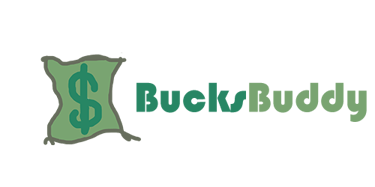How to Set Realistic Financial Goals
How to Set Realistic Financial Goals
Shams Bardan
Money Lessons
Step-by-step guide to turning your money dreams into achievable plans
What Are Financial Goals?
Financial goals are clear plans for how you want to use your money in the future. These could be:
Saving for an emergency
Paying off debt
Buying a phone, bike, or land
Starting a small business
Growing long-term wealth
But to make these goals real, you must be clear, honest, and realistic with yourself.
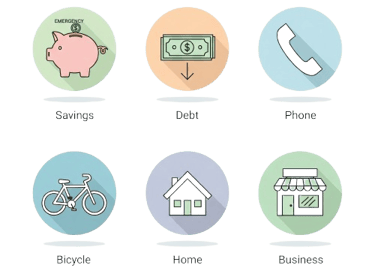

Step-by-Step: How to Set Realistic Financial Goals
1. 🧠 Start with “Why”
Ask yourself:
Why do I want this goal?
Will it help me feel safe, happy, or free?
Example:
"I want to save $100 so I don’t worry during emergencies."
Knowing your “why” gives your goal meaning and motivation.
2. 📝 Write Down SMART Goals
SMART = Specific, Measurable, Achievable, Relevant, Time-bound
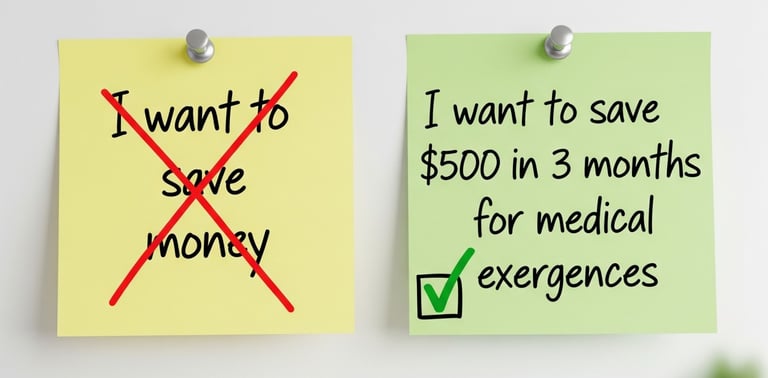

3. ⏳ Break It Down by Time
Divide your goals into 3 types:
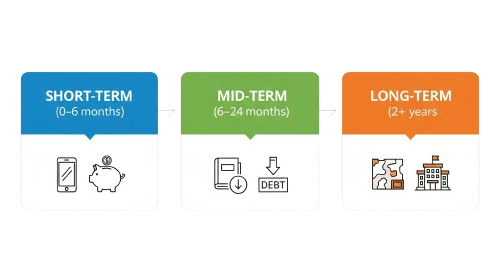

4. Know Your Income & Expenses
You can’t plan if you don’t know what you have. Track your monthly:
Income (salary, freelancing, side hustle)
Expenses (rent, food, bills, fun)
Then decide: How much can I save or invest each month?
Even saving $10–$20 per month adds up over time.
5. 📆 Create a Monthly Goal Plan
Let’s say your goal is:
🎯 Save $600 in 3 months
→ Save $200/month
→ Break it down = $50/week
Track your progress weekly. Use a notebook, app, or spreadsheet.
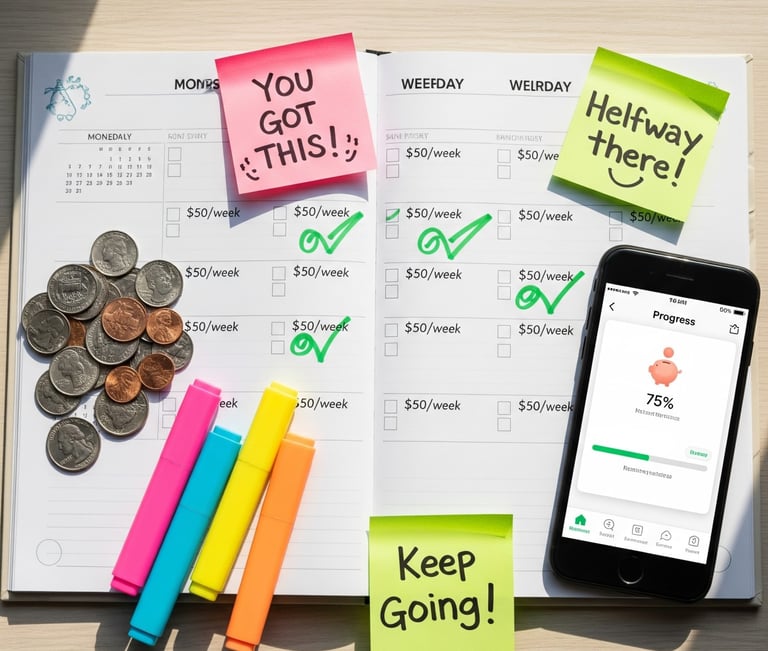

6. 🔁 Review and Adjust
Life happens. Expenses change. If you fall behind, don’t quit.
Instead:
Adjust your timeline
Modify the goal amount
Earn a little extra (side hustle or sell something)
Progress > Perfection
Bonus: Golden Rules for Goal-Setting
✅ Save before you spend (even $5 counts!)
✅ Don’t chase too many goals at once
✅ Avoid comparisons — your journey is unique
✅ Celebrate small wins to stay motivated
✅ Focus more on habits than luck
Free Printable Toolkit Included!
Want to make this easier? Download our Budget Starter Kit — includes a goal planner, expense tracker, and monthly savings sheet. Print it out or use it digitally to stay on track.
You don’t need a high income to reach your goals — just a clear plan, good habits, and small consistent steps. Start today, even if it’s just with $1.


